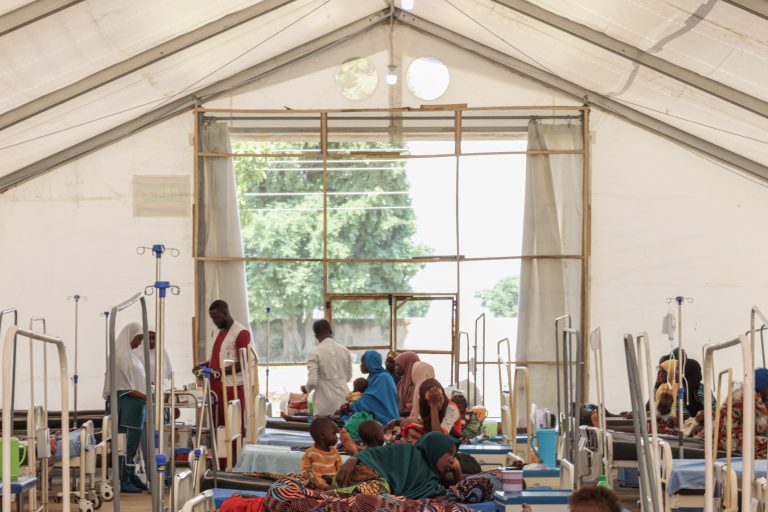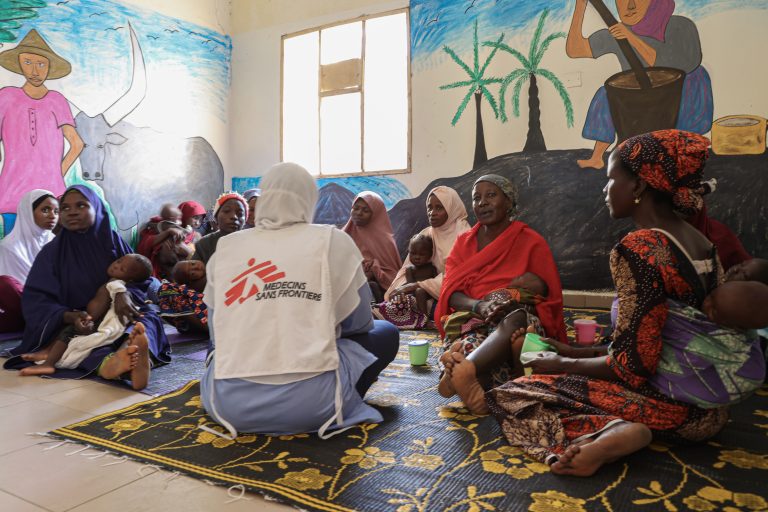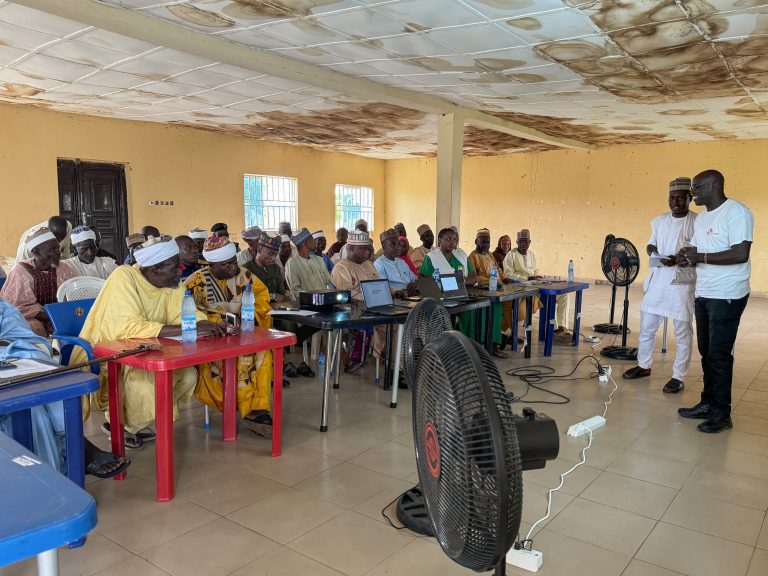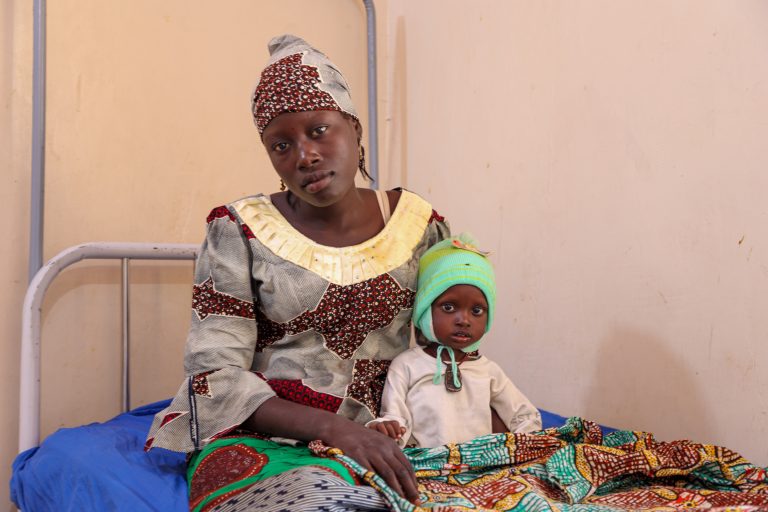In Bauchi state, like other states in northern Nigeria, Médecins Sans Frontières (MSF) teams are witnessing an unprecedent surge in malnutrition cases and are rapidly scaling up our medical response. As well as increasing bed capacity at the inpatient therapeutic feeding centre (ITFC) in Ganjuwa LGA, we are launching a community-integrated program to identify and train people in the community to diagnose and treat malnutrition at an early stage.

Bauchi, along with the majority of northern Nigeria, is facing a malnutrition crisis. Across Nigeria, MSF teams have seen rates of malnutrition admissions rise on average 40 per cent from the same period last year. Between January and June 2024, more than 5,780 children were admitted in our ITFC and more than 17,220 to our three local ambulatory therapeutic feeding centres (ATFCs) in Bauchi. ATFCs support malnourished children before they need to be admitted to an in-patient hospital. The number of admissions is 127 per cent and 123 per cent higher than during the same period in 2023 respectively.
“We are very alarmed by the catastrophic increase in malnutrition admissions we have seen in Bauchi in the first half of 2024. Although there may be many factors compounding this increase in admissions, the numbers we are seeing are incredibly high. We are only just entering the peak season for malnutrition and our facilities are over capacity and having to expand”, says Rabi Adamou, MSF project coordinator for Bauchi.

MSF has been supporting the local health system in Bauchi since 2012 by responding to outbreaks of diseases such as cholera, diphtheria, and Lassa fever, providing healthcare, training medical staff, and conducting health promotion activities in communities.
Since 2022, MSF has been responding to the huge numbers of children suffering from malnutrition. Our teams currently run a 250-bed ITFC and an inpatient paediatric department (IPD) in Kafin Madaki General Hospital. We also operate in three ATFCs in Kafin Madaki, Kafin Liman and Miya primary healthcare centres.

In addition, new community-based activities are planned. Integrated community case management (iCCM), which aims to expand the existing community-based approach to include the treatment of malnutrition. This pilot program in eight villages in Miya started in mid-July. To respond to the increasing number of admissions for malnutrition in the region, MSF added malnutrition treatment to the conventional iCCM activities, which include malaria and diarrhoea diagnosis and treatment.

“Given the multifaceted causes of malnutrition, it is imperative the response is equally comprehensive and spans multiple sectors. This includes not only treatment but also preventative measures. Recognising the geographically widespread nature of people’s needs, the response must mirror this extent, ensuring a broad and multidisciplinary approach to help offer children this care”, says Nathalie Avril, MSF nutrition advisor.
An activity for parents on the use of the mid-upper arm circumference tool will also be implemented in Bauchi. This activity trains parents and caretakers on how to measure children’s arms at home using the tool. With this, they will be able to monitor and detect malnutrition in children at an earlier stage, before severe cases develop.
“Despite the collective efforts, many challenges remain like limited access to healthcare, the lack of qualified medical staff in health facilities, provisions of medications and ready to use therapeutic foods,” says Adamou. “All of which are essential to treat children with malnutrition.”
“It is crucial that Bauchi state representatives, as well as national and international stakeholders, work together and expand the response to help deliver this critical care to children and families and prevent further increase in malnutrition numbers in the years to come,” he says.
-
Related:
- Malnutrition
- MSF in Nigeria












